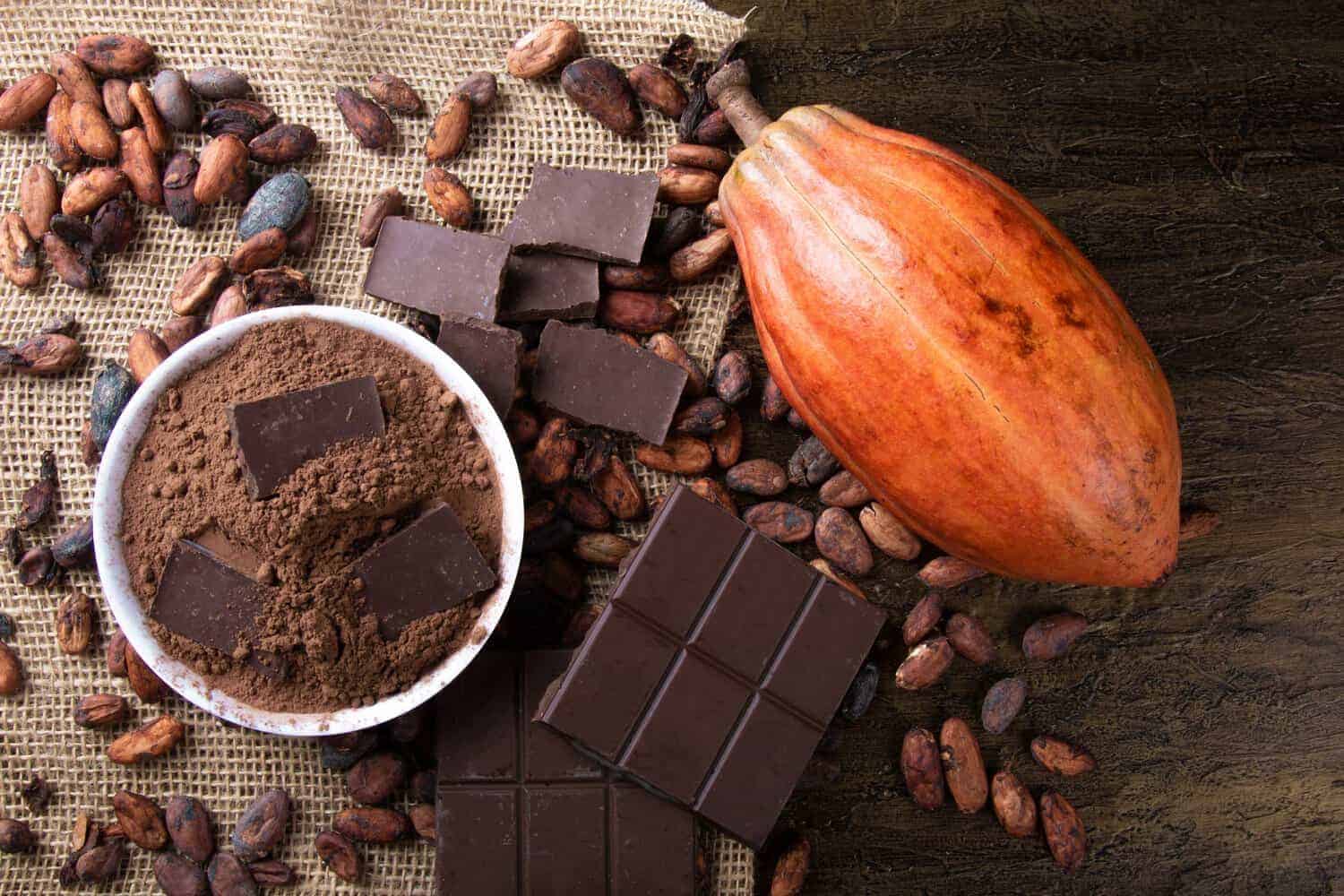The postponement gives African cocoa producers more time to prepare for new new regulations.
The European Union’s Deforestation Regulation has been postponed and will now take effect on 30 December 2025, instead of 30 December 2024.
This will be for large cocoa operators and traders. For small and micro enterprises the regulation will take effect on 30 June 2026.
The postponement is to give African cocoa producers time to comply with the new regulation, as many were found unprepared.
Theo Klein, economist from Oxford Economics Africa, said the decision comes as a relief to major cocoa producers in West and Central Africa, who rely heavily on the European market for their exports.
Deforestation Regulation affects cocoa production
“The European Union’s Deforestation Regulation aims to ban the importation of seven commodities and their derivatives, including soy, rubber, timber, palm oil, cattle, cocoa, and coffee, that originate from land that suffered deforestation or forest degradation after 2020.”
To comply with the regulation, operators must conduct due diligence to ensure that their products are deforestation-free and produced legally.
ALSO READ: Record heat rots cocoa beans threatening Ivory Coast agriculture
Regulation bans importation
Klein added that the European Union’s Deforestation Regulation in May 2023 banned the importation of seven commodities and their derivatives into the EU that originate from land that suffered deforestation or forest degradation after 2020.
“The targeted commodities include soy, rubber, timber, palm oil, cattle, cocoa, and coffee, as well as their derivates, such as furniture, beef, and cocoa butter, to name a few.”
The reason for the deforestation is attributed to the clearing of dense, tropical forests for full-sun cocoa plantations.
“Cocoa cultivation contributed to over 37% of forest loss in protected areas in Côte d’Ivoire and over 13% in Ghana since 2000.”
Amendments
There has also been an adoption of amendments proposed by different political groups. The amendments include the creation of a new category for countries that pose “no risk” on deforestation, in addition to the existing “low”, “standard” and “high” risk categories.
“Countries defined as ‘no risk’ have stable or increasing forest area development and would more easily comply with the EUDR. The European Commission aims to reclassify all the countries under the new categories by June 2025.”
ALSO READ: Cocoa prices go up the roof due to shortage fears across Africa
Economic costs
Klein is of a view that restricting cocoa exports to the European Union would come at major economic costs to the four largest cocoa producers in Africa
“According to the European Commission, the European Union is the world’s largest importer of cocoa, accounting for roughly 60% of global imports in 2022.
“Côte d’Ivoire, Ghana, Cameroon, and Nigeria supplied nearly 70% of global cocoa production in 2022, making these countries the European Union’s most critical cocoa providers. On average, over 60% of the EU’s imported cocoa comes from these four countries.”
Cocoa is a significant contributor to rural jobs, export earnings, and foreign currency reserves for multiple West and Central African countries.
“Given that most of the large cocoa operators should be able to comply with the new deadline, we expect stable export growth in our medium-term forecasts. Major disruptions to cocoa exports, fiscal revenues, foreign reserves, or unemployment will likely be avoided.”
NOW READ: Inflation changes SA’s coffee preferences: Here’s what Mzansi is drinking
